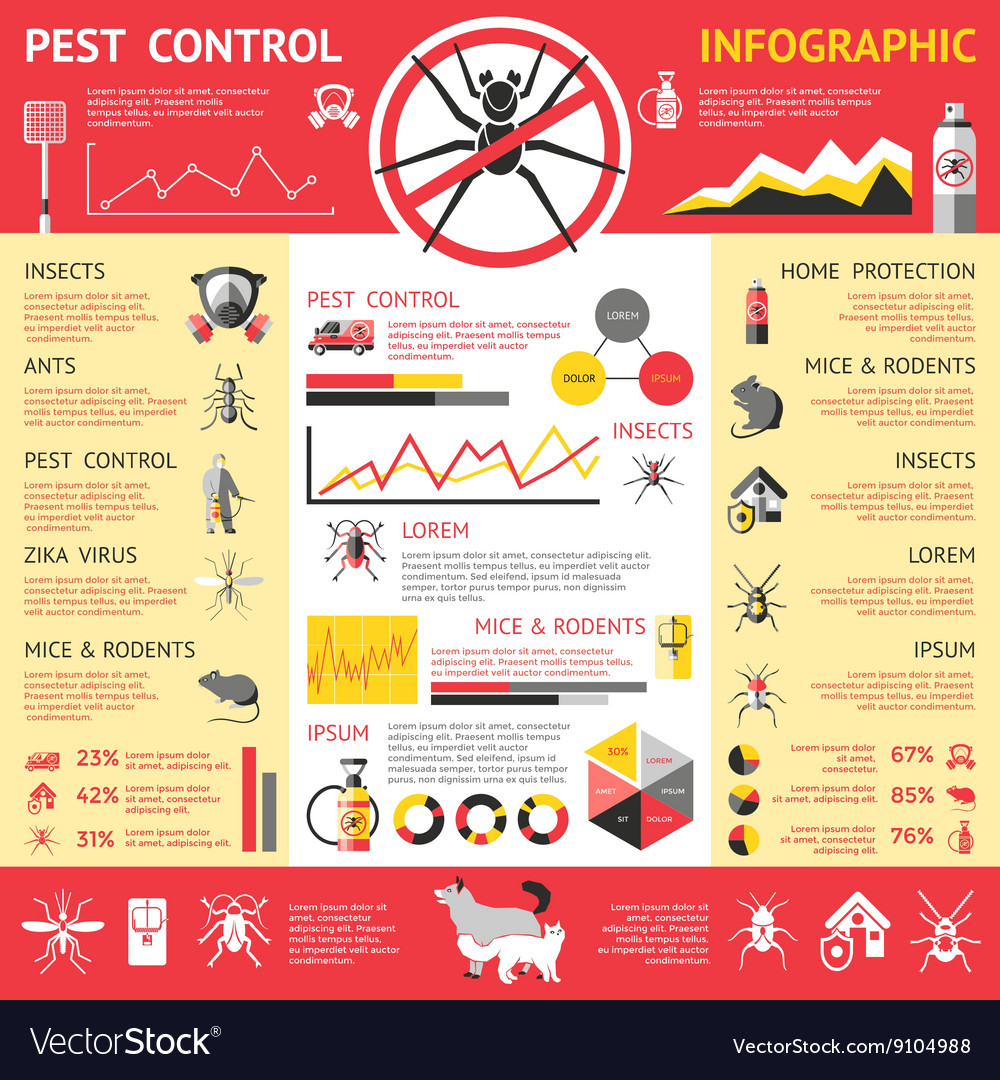Prepare To Transform Your Garden Into A Pest-Free Paradise With These Innovative Tips And Methods
Prepare To Transform Your Garden Into A Pest-Free Paradise With These Innovative Tips And Methods
Blog Article
Web Content By-Thorpe Qvist
Envision your garden as a refuge, a place of tranquility and charm. Nevertheless, select pest control of exterior insects can swiftly disrupt this ideal image. Suppose there were simple yet reliable methods to maintain these unwanted site visitors at bay and shield your yard oasis? By complying with a couple of useful ideas and carrying out all-natural strategies, you can create an unified exterior area where your plants can grow uninterrupted.
Natural Parasite Deterrents
To keep pests away from your garden naturally, plant aromatic natural herbs like mint and lavender. These great smelling plants not only add appeal to your yard yet additionally serve as efficient pest deterrents. Pests like insects, flies, and also some garden-damaging insects are warded off by the solid fragrances given off by these natural herbs. Merely positioning them purposefully around your garden can help develop a natural barrier versus undesirable insects.
In addition to mint and lavender, think about growing other herbs like rosemary, basil, and lemongrass to better boost your garden's pest-proofing capabilities. These herbs not only function as all-natural repellents however also have actually the added benefit of working in food preparation or crafting homemade solutions.
Strategic Plant Placement
Consider the format of your garden and the kinds of plants you have to tactically position them for optimum pest-proofing efficiency.
Beginning by grouping plants with comparable resistance to parasites together. By doing this, you can produce a natural barrier that prevents insects from spreading out throughout your yard.
Furthermore, positioning pest-repelling plants like marigolds, lavender, or mint near even more at risk plants can aid safeguard them. Tall plants, such as sunflowers or corn, can work as a guard for shorter plants versus bugs like bunnies or ground-dwelling insects.
Bear in mind to leave enough space in between plants to improve air flow and reduce the risk of diseases that pests might bring.
Moreover, consider growing strong-smelling natural herbs like rosemary or basil near at risk plants to puzzle bugs' senses and make it harder for them to situate their targets.
Effective Insect Control Methods
For combating garden insects properly, implementing a multi-faceted pest control approach is essential. Begin by motivating natural predators like birds, ladybugs, and praying mantises to assist maintain insect populations in check. Presenting plants that attract these advantageous bugs can help in pest control. Furthermore, exercising great yard hygiene by eliminating debris and weeds where insects might hide can make your yard less hospitable to undesirable visitors.
Think about using physical barriers such as row cover materials or netting to protect at risk plants from parasites like caterpillars and birds. Applying natural pesticides like neem oil or insecticidal soap can additionally be effective versus particular bugs while being much less harmful to helpful insects and the environment. It's important to turn your plants each period to stop the buildup of parasite populaces that target certain plants.
Consistently examine your plants for indicators of parasite damage so you can take action promptly. By incorporating https://www.insider.com/how-to-prevent-tick-bites-advice-from-wilderness-educator-advice-2022-5 and staying vigilant, you can effectively regulate yard pests and delight in a successful, pest-free yard.
Verdict
So, there you have it - with the appropriate approaches, you can keep pesky outdoor insects away from your yard and assist your plants grow.
Did you know that growing mint has been revealed to fend off insects and other insects, reducing the demand for damaging pesticides by approximately 60%?
By including natural deterrents and smart growing techniques, you can create a lovely and pest-resistant garden sanctuary for you to appreciate.
